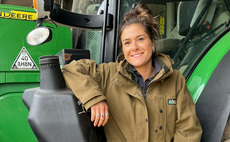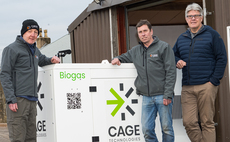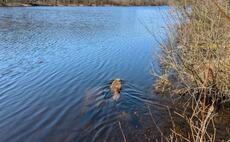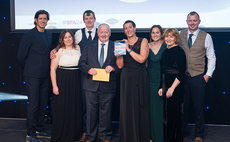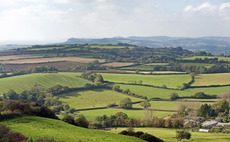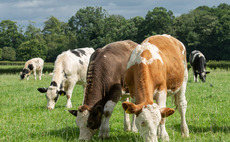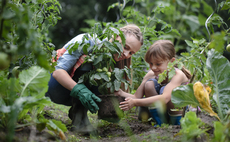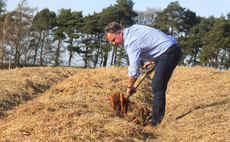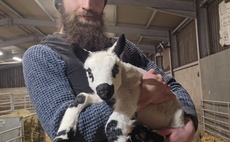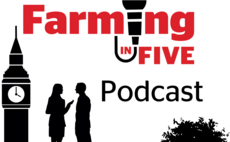
Society asks a lot of its farmers - to produce enough food at historically low prices to meet consumer demand, look after wildlife, deal with emerging threats such as climate change and energy insecurity, and to run successful businesses while achieving all the other things.
It is a tall order and it is no surprise that farmers globally do not always manage to keep all these balls in the air. Sadly, one of the casualties both in the UK and worldwide has been wildlife, which has struggled to cope with an increasing agricultural land-take and modern intensive methods which do not give it much of a seat at the table.
Cue a bestselling book last year, Regenesis, authored by the campaigning journalist and environmentalist George Monbiot, who I think it is fair to say is not a universally popular figure among farmers.
His book lands on the factory-based manufacturing of food via microbial fermentation as a way to cut agricultural land-take, protect wildlife and feed the human population.
The method is in its infancy, but in Mr Monbiot's view it represents ‘the beginning of the end of most agriculture'.
I beg to differ. In my own book, Saying No to a Farm-Free Future, I show the manufactured food approach is unfeasibly energy intensive. Instead of the free sunlight tapped by farming, the manufactured microbial route is energised by generated electricity.
To meet global food needs in this way would use all of the world's low-carbon electricity several times over.
It is going to be hard enough to transition the existing energy economy away from high-carbon fossil fuels without stacking the decks with this huge additional energy demand. Humanity's future is definitely not going to be farm-free.
But that lands us back with the problem of reconciling farming with wildlife. The upside is that the issue is not as black and white as Monbiot suggests. We do need to spare unfarmed habitats for wildlife, but there are also many ways in which we can share our farmed environments with nature.
Still, while farming is not the only human activity with wildlife impacts, it is up there globally as a major driver. In many ways this is the result of increased farm scale and decreased farm labour, as the wider economy has pushed farmers into the overproduction of cheap global commodity crops using labour-sparing, but wildlife-threatening cropping methods and agrochemicals.
One of the problems with books like Regenesis is that it feeds a narrative that farmers are the culprits, rather than pawns in a bigger economic game which has pushed them down this route. The overproduction of cheap commodity crops is a role which society at large has foisted on them and society at large has to share responsibility for it.
There are no simple solutions, but I think there is a clear direction to which climate, energy, economic and wildlife dynamics point, with the added benefit that it can support and restore rural communities - namely, smaller-scale, more job-rich and diverse farming geared more to the needs of local communities.
Already, many farmers at all scales are finding ways to stack enterprises, step off the cheap commodity chain treadmill and welcome wildlife back into the farmed landscape. The future lies in building on those efforts, not in unlikely techno-fixes geared to abolishing agriculture.
Chris Smaje
Author of Saying NO to a Farm-Free Future and A Small Farm Future who co-works on a small farm in Somerset and was previously a university-based social scientist.










